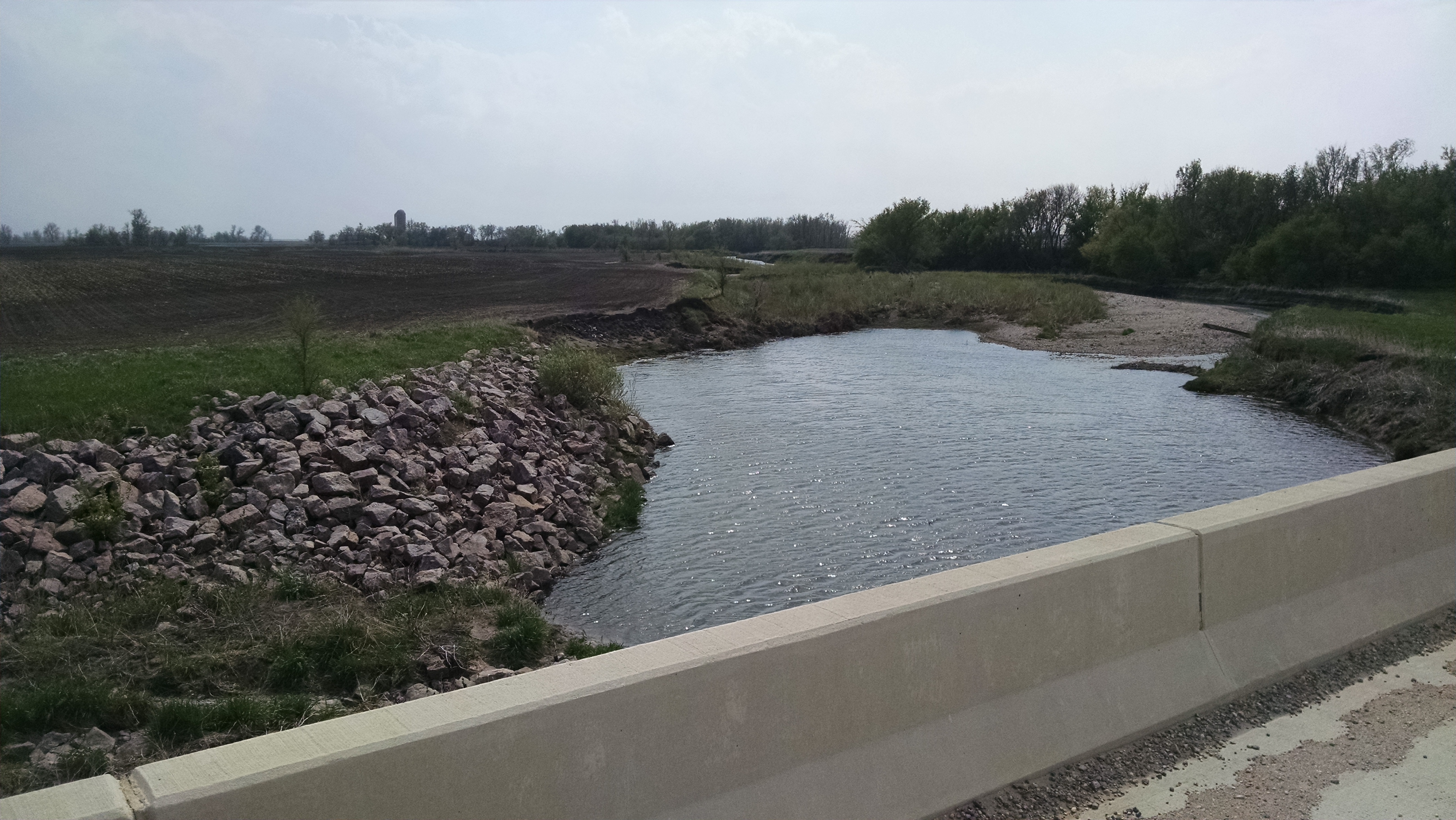
The Rock County Land Management Office (LMO) is taking a “patient persistence” approach to enforcing the state’s buffer law, and so far it seems to be working.
Arlyn Gehrke, LMO engineering technician, told the county Soil and Water Conservation District Board Monday that 92 percent, or 775 parcels out of 840 identified in the county, are compliant with the state buffer law as 2019 draws to a close.
Last year at this time 86 percent of affected parcels were in compliance with the buffer law.
“We have gone the route of patient persistence, just trying to get them moving forward and get things seeded,” Gehrke said. “It’s been working pretty well with the weather challenges that we’ve had.”
Currently, 42 parcels (5 percent) have a signed waiver and landowners plan to seed the areas in the spring.
Last year the number was at 95 parcels (11 percent) with signed waivers.
However, the county continues to have 3 percent, currently 23 parcels, out of compliance.
A letter will notify affected landowners which parcel(s) are noncompliant and to contact the LMO office for ways to comply with the law or to alert local officials that the parcel is already in compliance.
Additional technical assistance is available to landowners of noncompliant parcels.
“(The letter) is kind of a last chance,” Gehrke said. “If we don’t get any response then we’ll go to the county (attorney.)”
Noncompliant landowners can face monetary penalties up to $10,000 per parcel.
As part of its enforcement of the state buffer law, LMO annually monitors about one-third of the 840 parcels through Pictometry aerial photography in May.
“Some of flooded areas were hard to determine compliance so we did do around 20 (in-person) field checks,” Gehrke said.
Landowners had until Nov. 1, 2018, to install up to 50-foot perennial vegetative buffer along public waters running along their farmland or have a signed plan in place with the LMO office to plant buffers at a future date to be in compliance with the state law passed in 2016.
Vegetative buffers are designed to intercept storm water runoff and prevent river and stream bank erosion. The buffers also reduce the amount of sediment, nitrogen and phosphorous entering the public waters, improving its quality.
“While we strive to gain 100 percent compliance, in some cases, enforcement action may be needed,” Gehrke said.
Contact the LMO office at 311 W. Gabrielson Road, Luverne, or call 507-283-8862 for more information.


